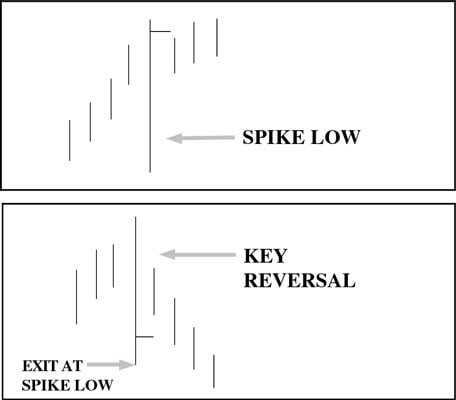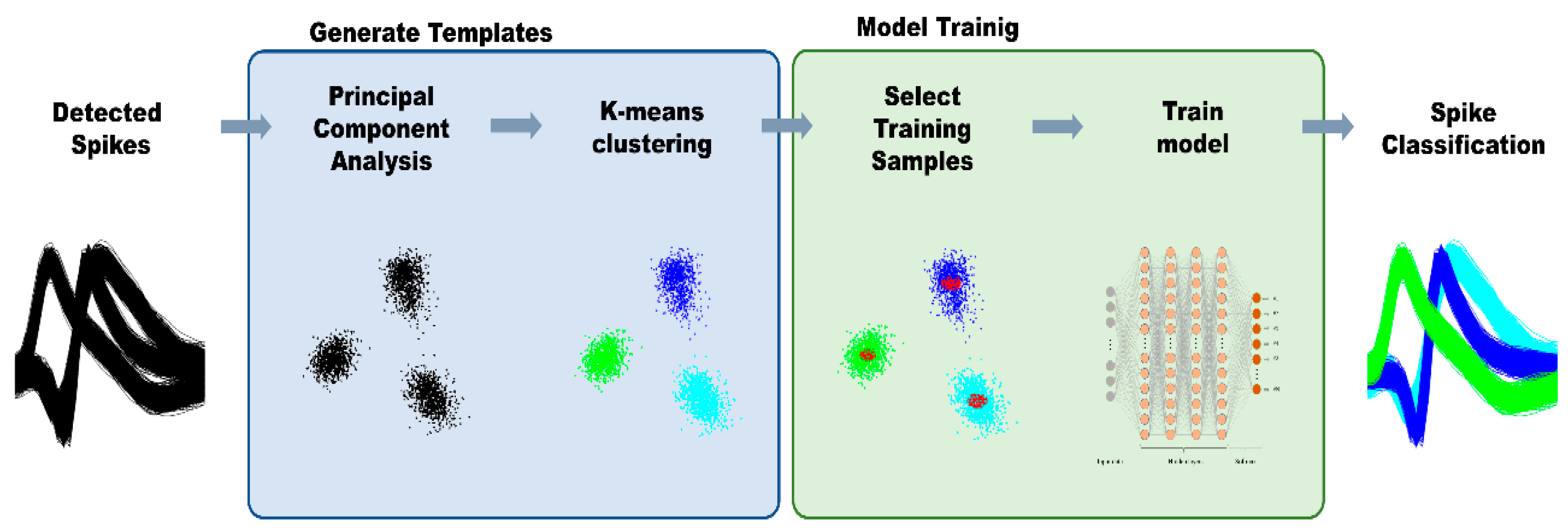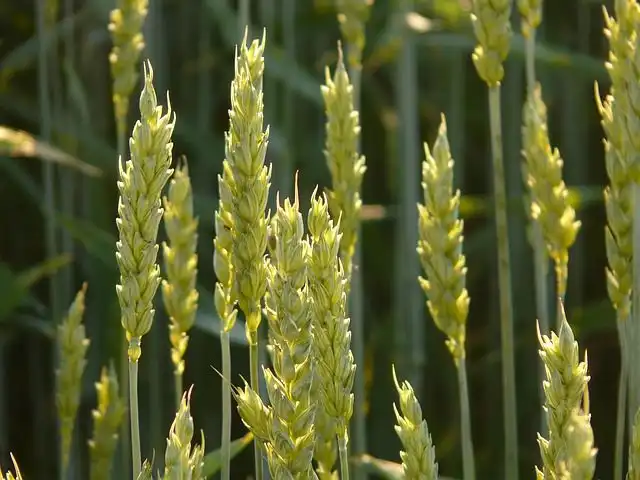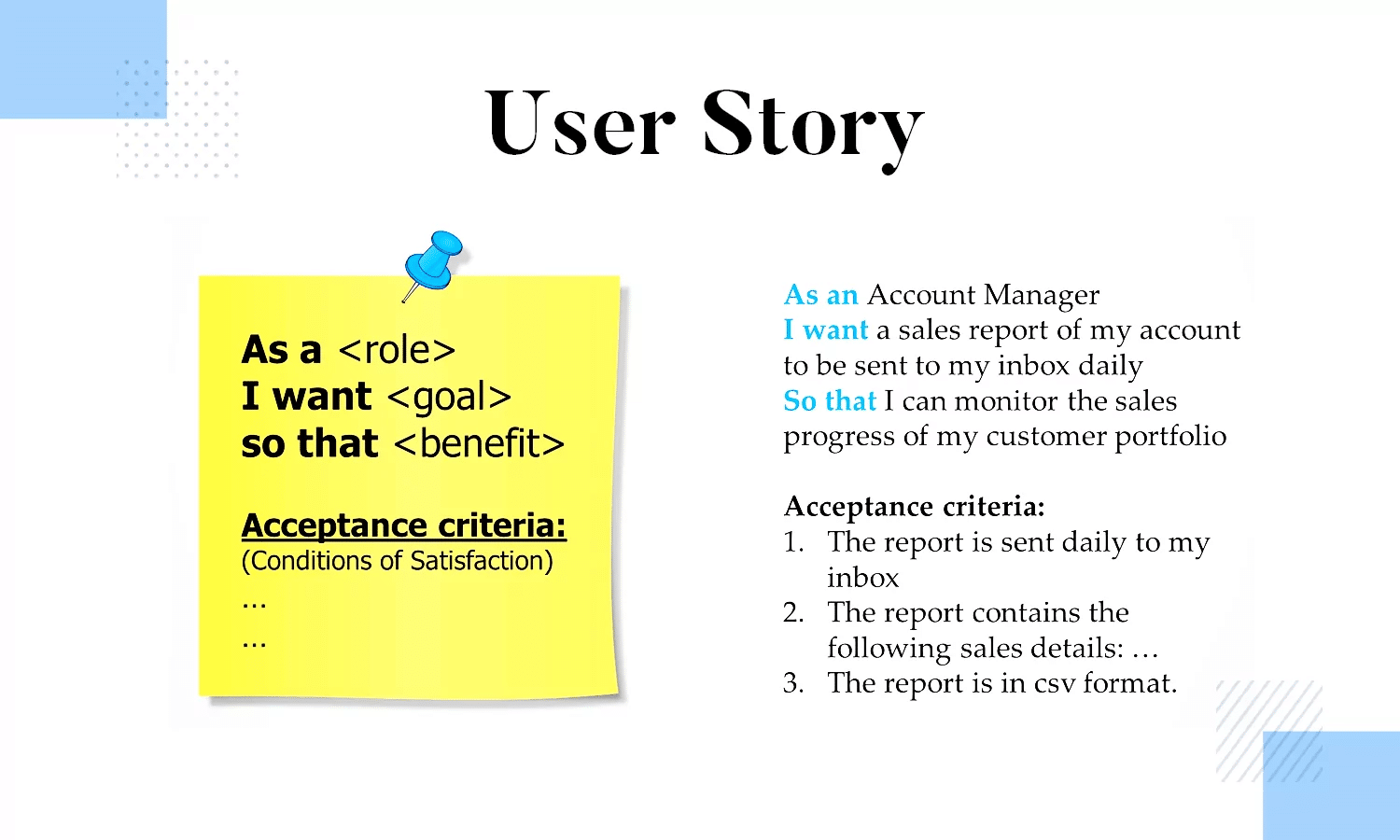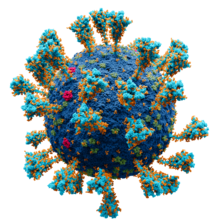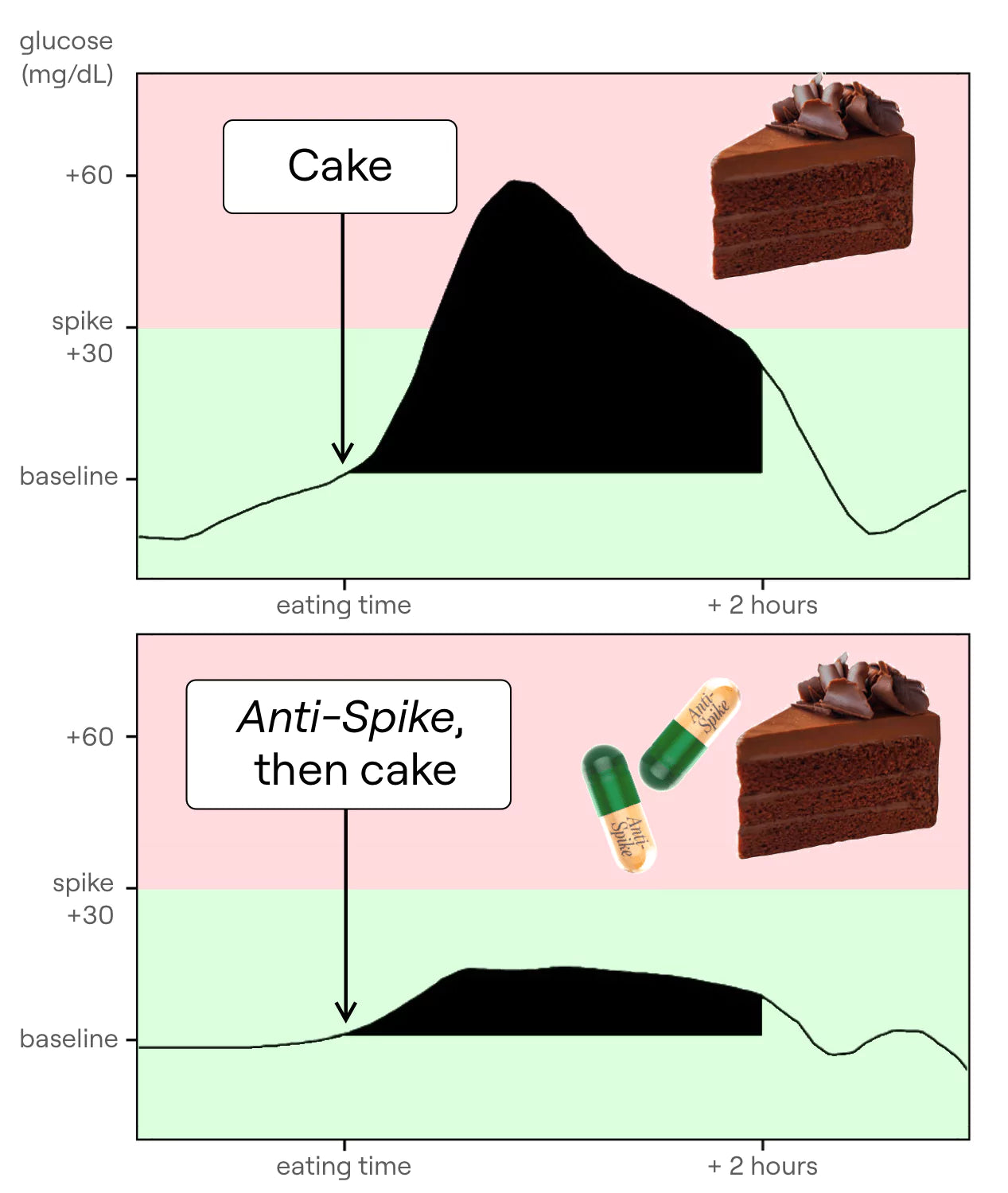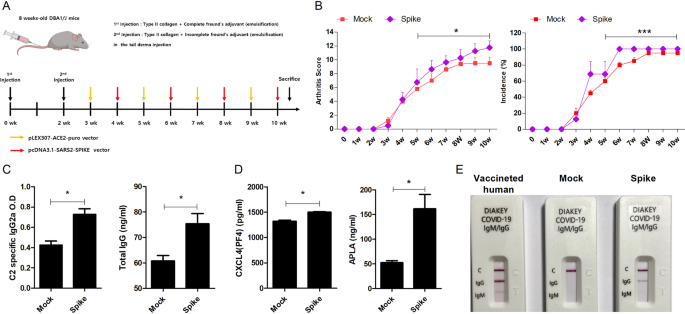- Home
- spike meaning
- SARS-CoV-2 spike protein promotes inflammatory cytokine activation and aggravates rheumatoid arthritis, Cell Communication and Signaling
SARS-CoV-2 spike protein promotes inflammatory cytokine activation and aggravates rheumatoid arthritis, Cell Communication and Signaling
4.9 (635) · $ 15.99 · In stock
Background Coronavirus disease 2019 (COVID-19) induces inflammation, autoantibody production, and thrombosis, which are common symptoms of autoimmune diseases, including rheumatoid arthritis (RA). However, the effect of COVID-19 on autoimmune disease is not yet fully understood. Methods This study was performed to investigate the effects of COVID-19 on the development and progression of RA using a collagen-induced arthritis (CIA) animal model. Human fibroblast-like synoviocytes (FLS) were transduced with lentivirus carrying the SARS-CoV-2 spike protein gene in vitro, and the levels of inflammatory cytokine and chemokine expression were measured. For in vivo experiments, CIA mice were injected with the gene encoding SARS-CoV-2 spike protein, and disease severity, levels of autoantibodies, thrombotic factors, and inflammatory cytokine and chemokine expression were assessed. In the in vitro experiments, the levels of inflammatory cytokine and chemokine expression were significantly increased by overexpression of SARS-CoV-2 spike protein in human FLS. Results The incidence and severity of RA in CIA mice were slightly increased by SARS-CoV-2 spike protein in vivo. In addition, the levels of autoantibodies and thrombotic factors, such as anti-CXC chemokine ligand 4 (CXCL4, also called PF4) antibodies and anti-phospholipid antibodies were significantly increased by SARS-CoV-2 spike protein. Furthermore, tissue destruction and inflammatory cytokine level in joint tissue were markedly increased in CIA mice by SARS-CoV-2 spike protein. Conclusions The results of the present study suggested that COVID-19 accelerates the development and progression of RA by increasing inflammation, autoantibody production, and thrombosis. Video Abstract
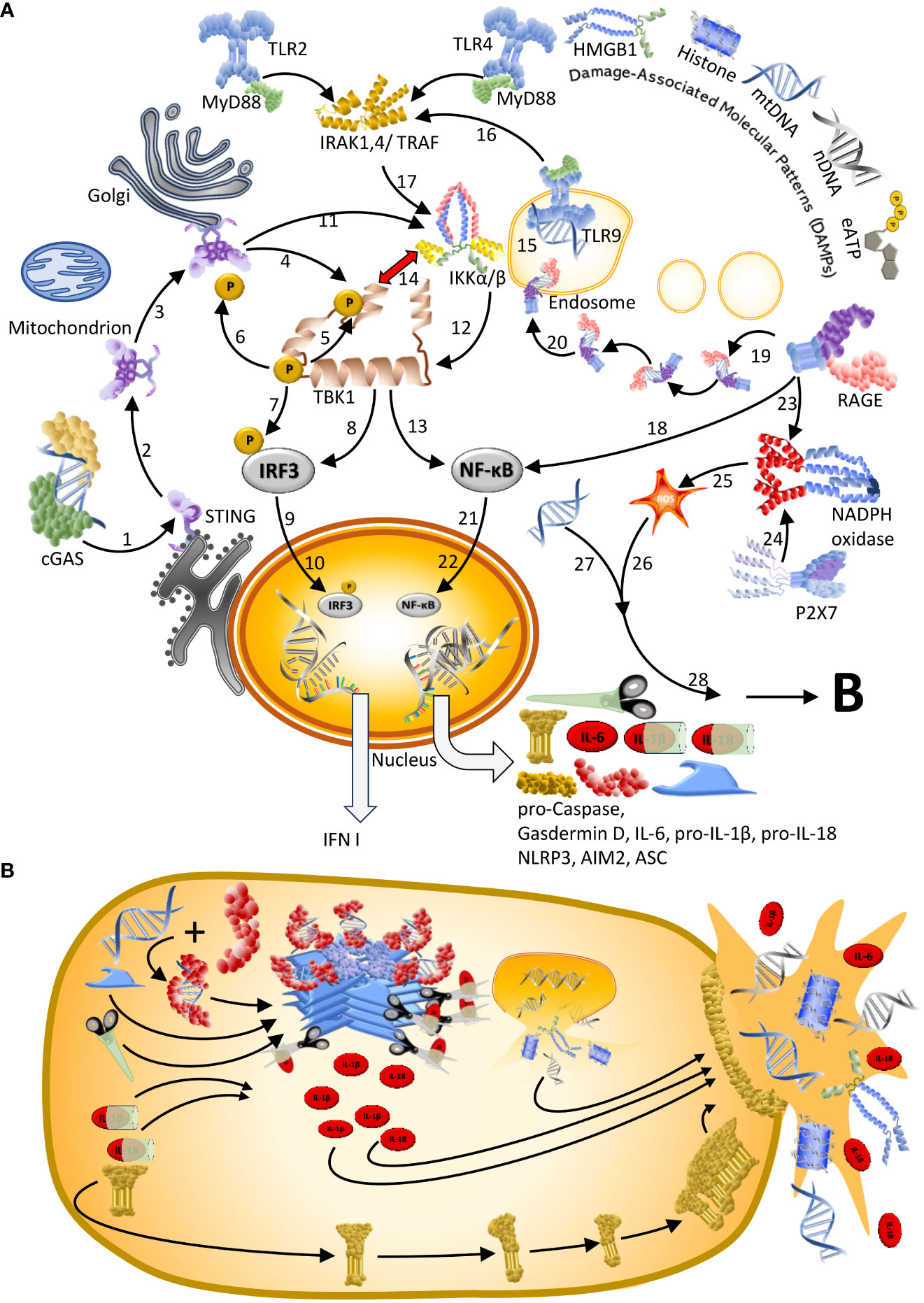
Frontiers Self-DNA driven inflammation in COVID-19 and after mRNA-based vaccination: lessons for non-COVID-19 pathologies

Viruses: What triggers inflammation in COVID-19?
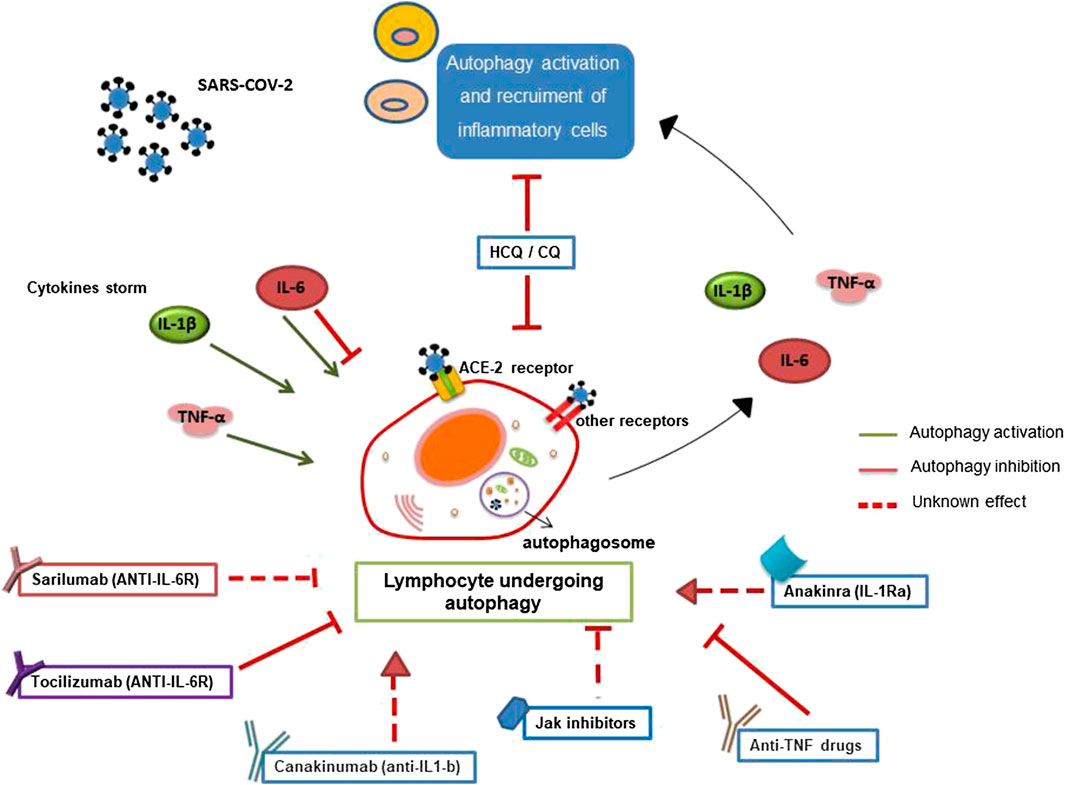
Frontiers Autophagy Modulation in Lymphocytes From COVID-19 Patients: New Therapeutic Target in SARS-COV-2 Infection

FOXP3 Antibody PE 12-5773-82 from Thermo Fisher Scientific

Inhibition of IRAK4 dysregulates SARS-CoV-2 spike protein-induced macrophage inflammatory and glycolytic reprogramming

CXCL4/PF4 ELISA DY595 from R&D Systems, a Bio-Techne Brand
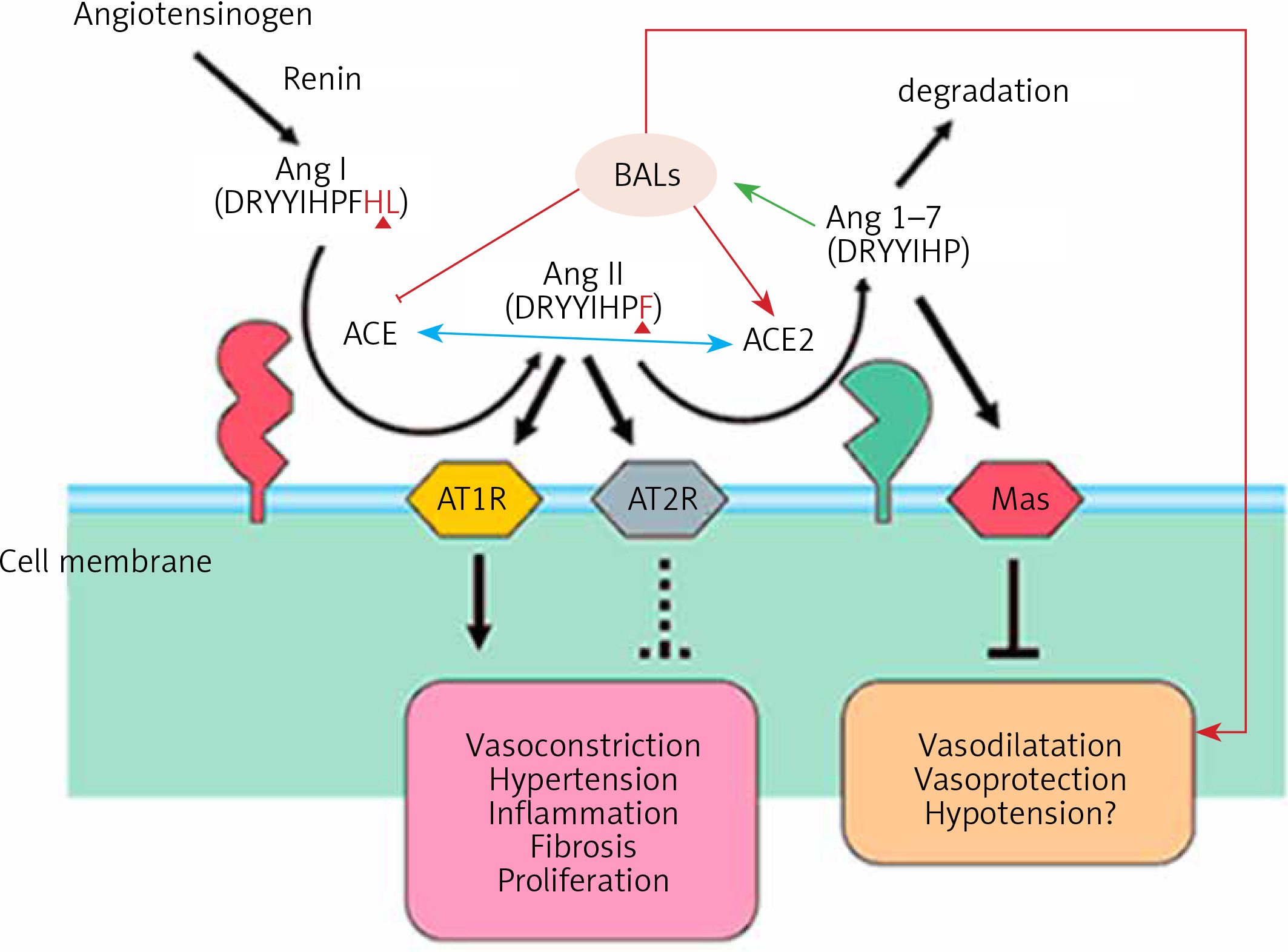
Bioactive lipid-based therapeutic approach to COVID-19 and other similar infections

FOXP3 Antibody PE 12-5773-82 from Thermo Fisher Scientific
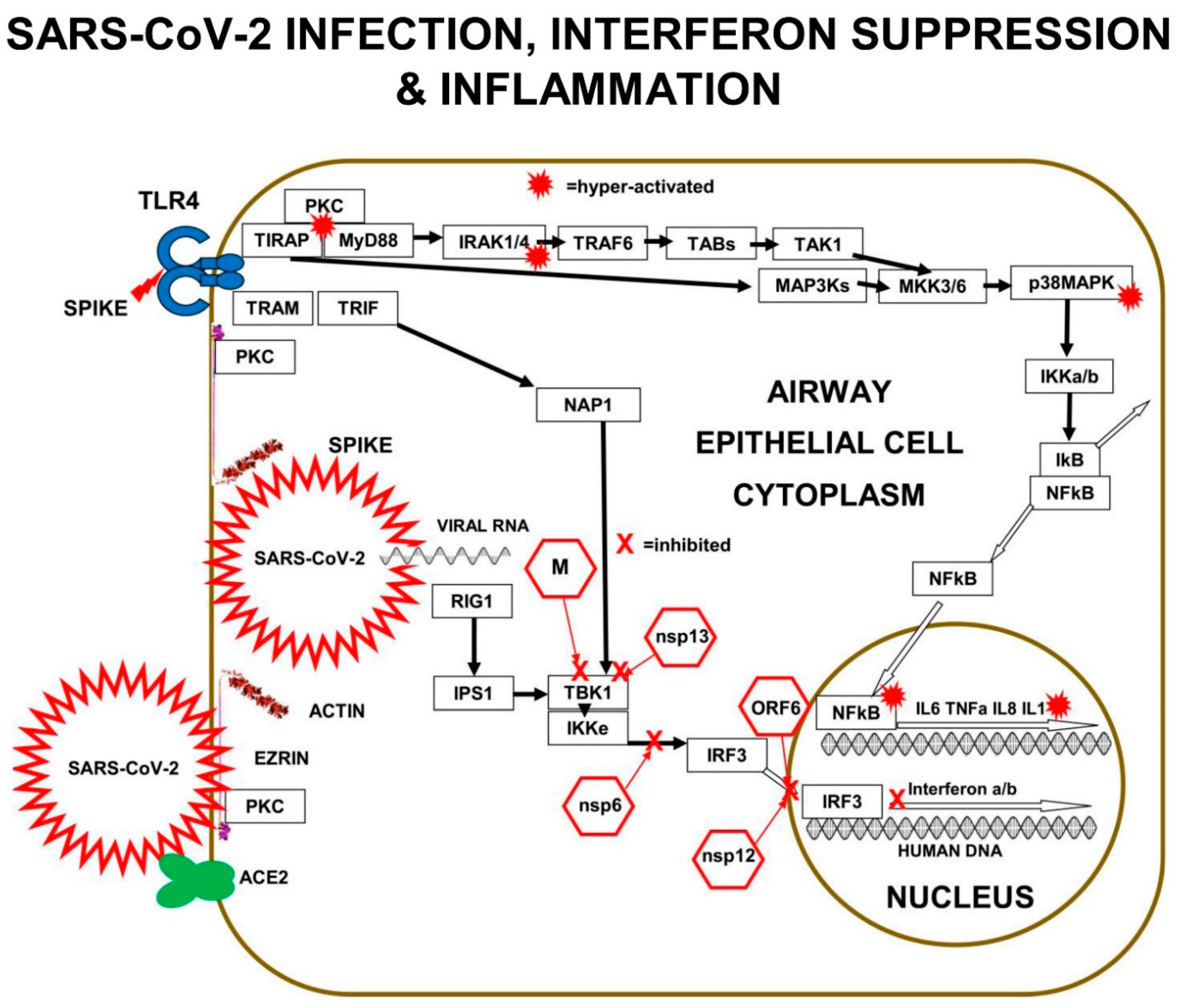
Immuno, Free Full-Text
SARS-CoV-2 spike protein promotes inflammatory cytokine activation
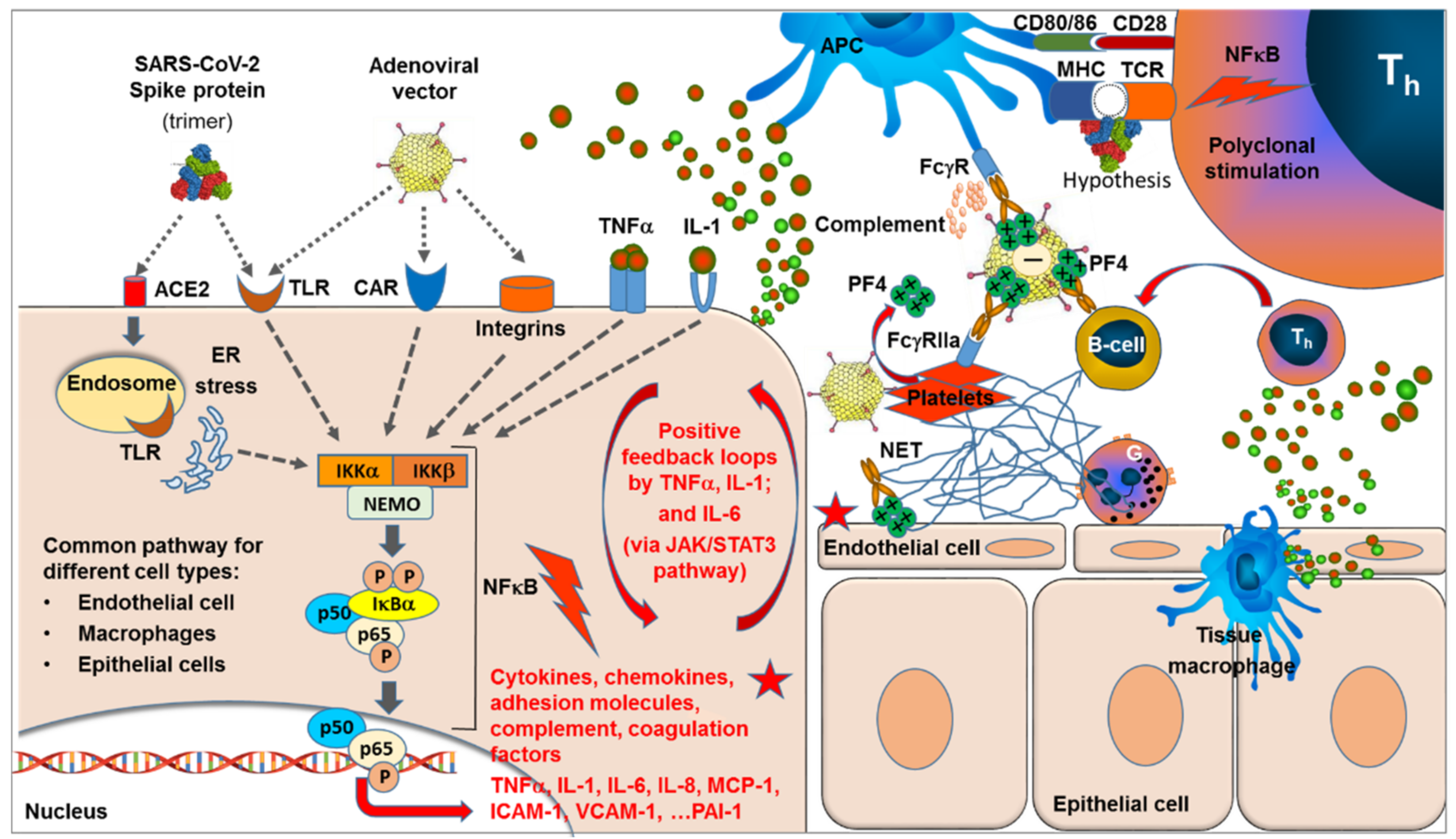
IJMS, Free Full-Text

TRPV2-spike protein interaction mediates the entry of SARS-CoV-2 into macrophages in febrile conditions

SGK1 negatively regulates inflammatory immune responses and protects against alveolar bone loss through modulation of TRAF3 activity - Journal of Biological Chemistry

SARS-CoV-2 spike protein promotes inflammatory cytokine activation and aggravates rheumatoid arthritis, Cell Communication and Signaling

SARS-CoV-2 spike protein induces inflammation via TLR2-dependent activation of the NF-κB pathway
